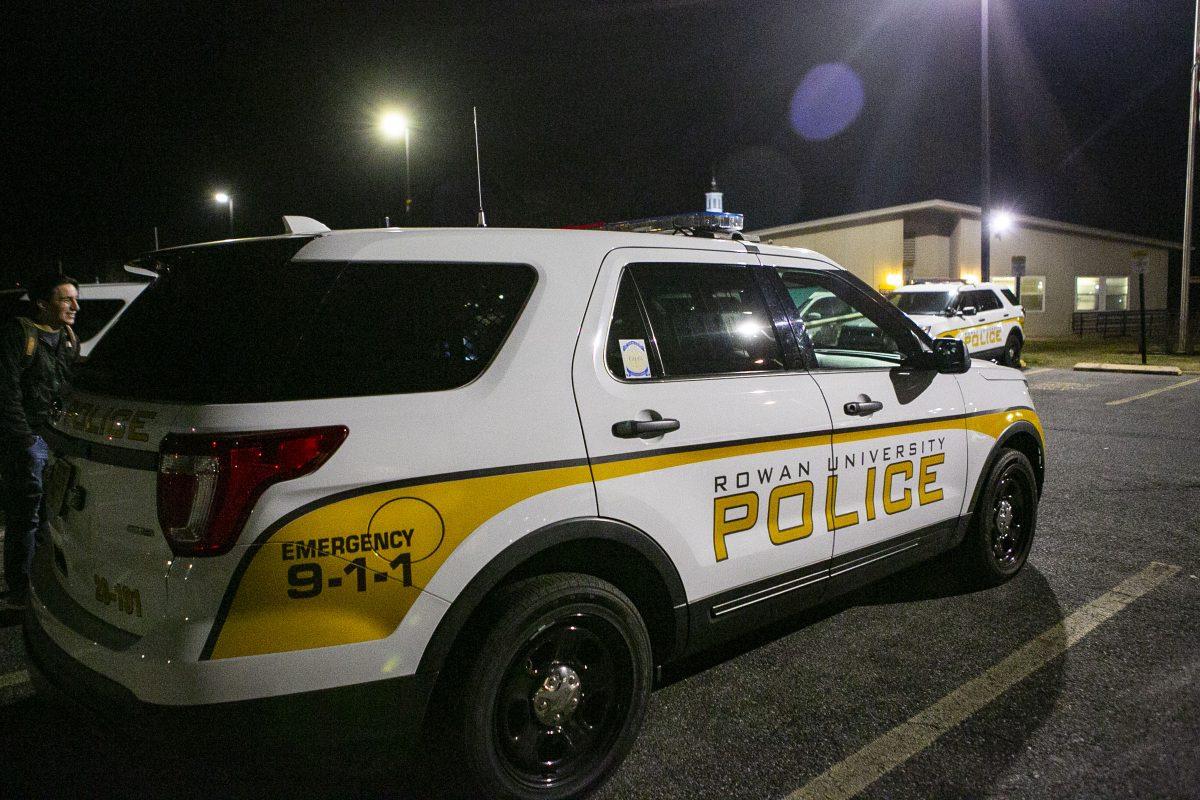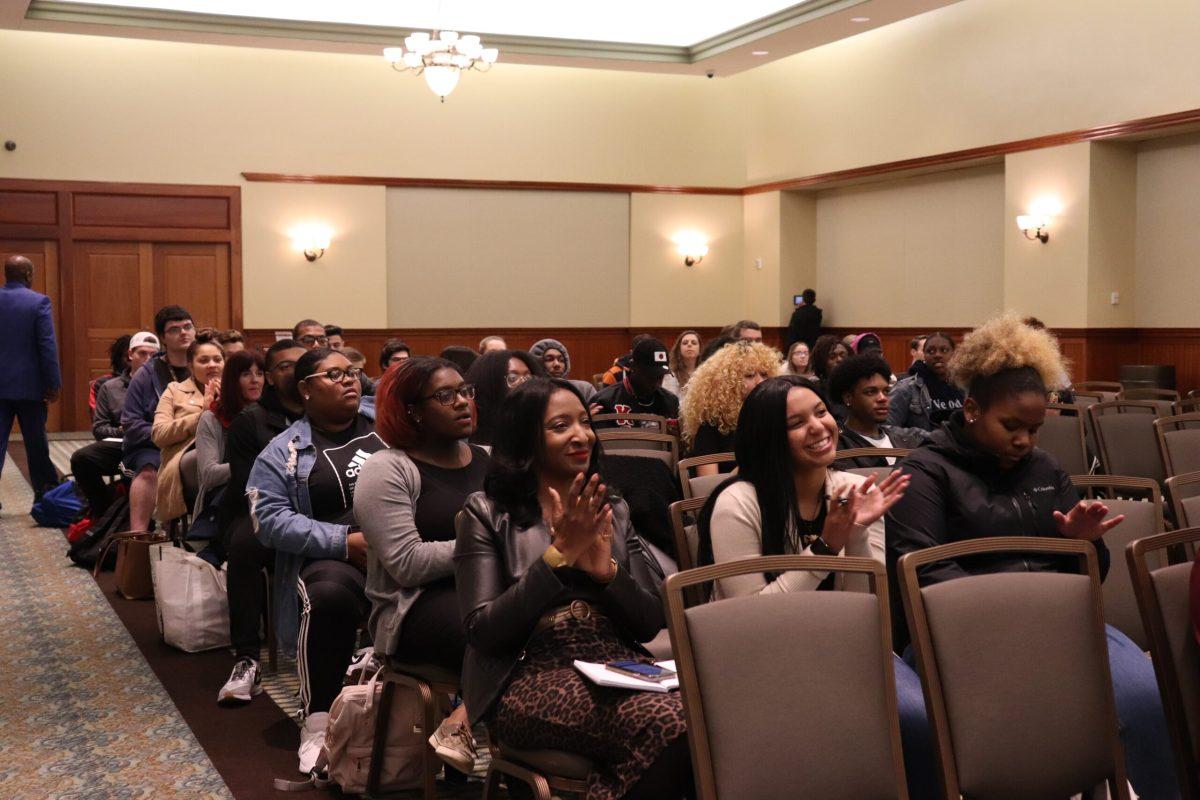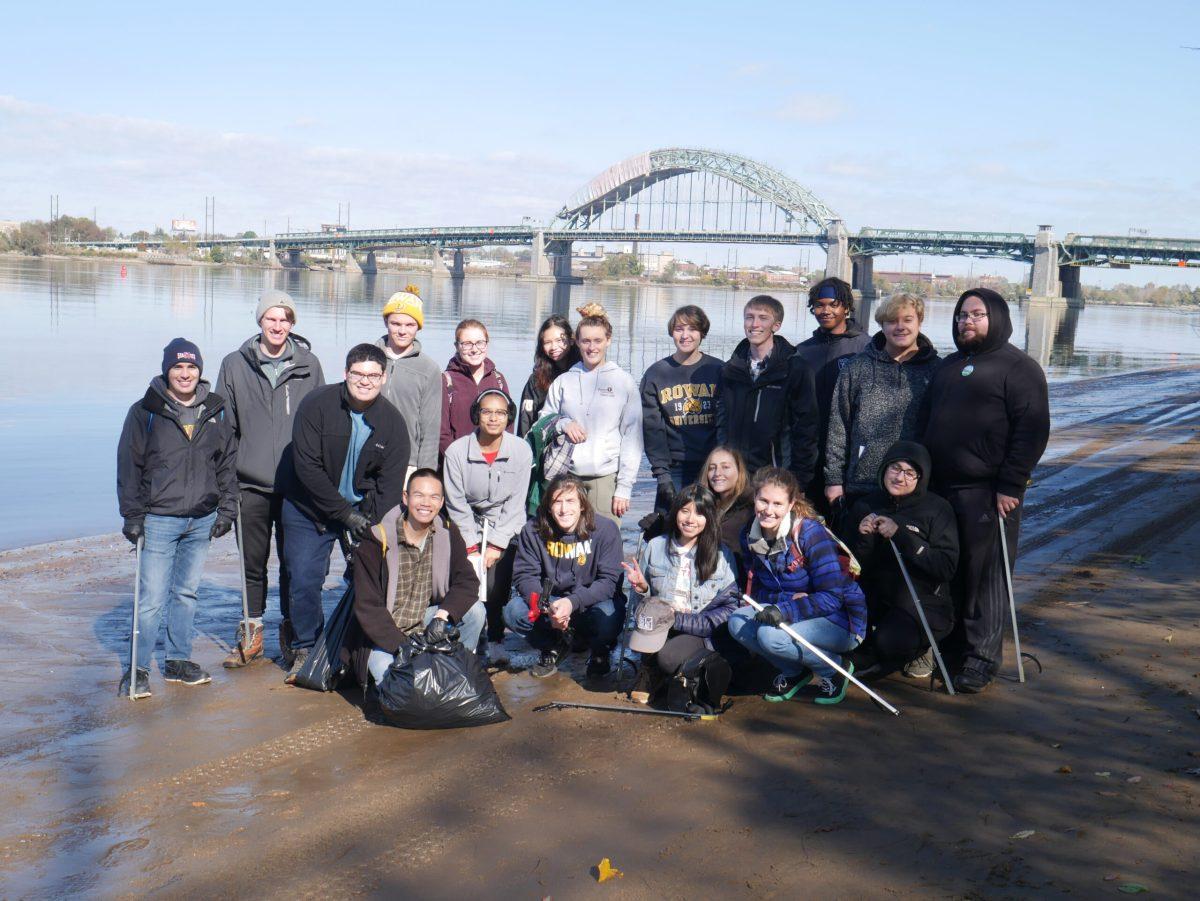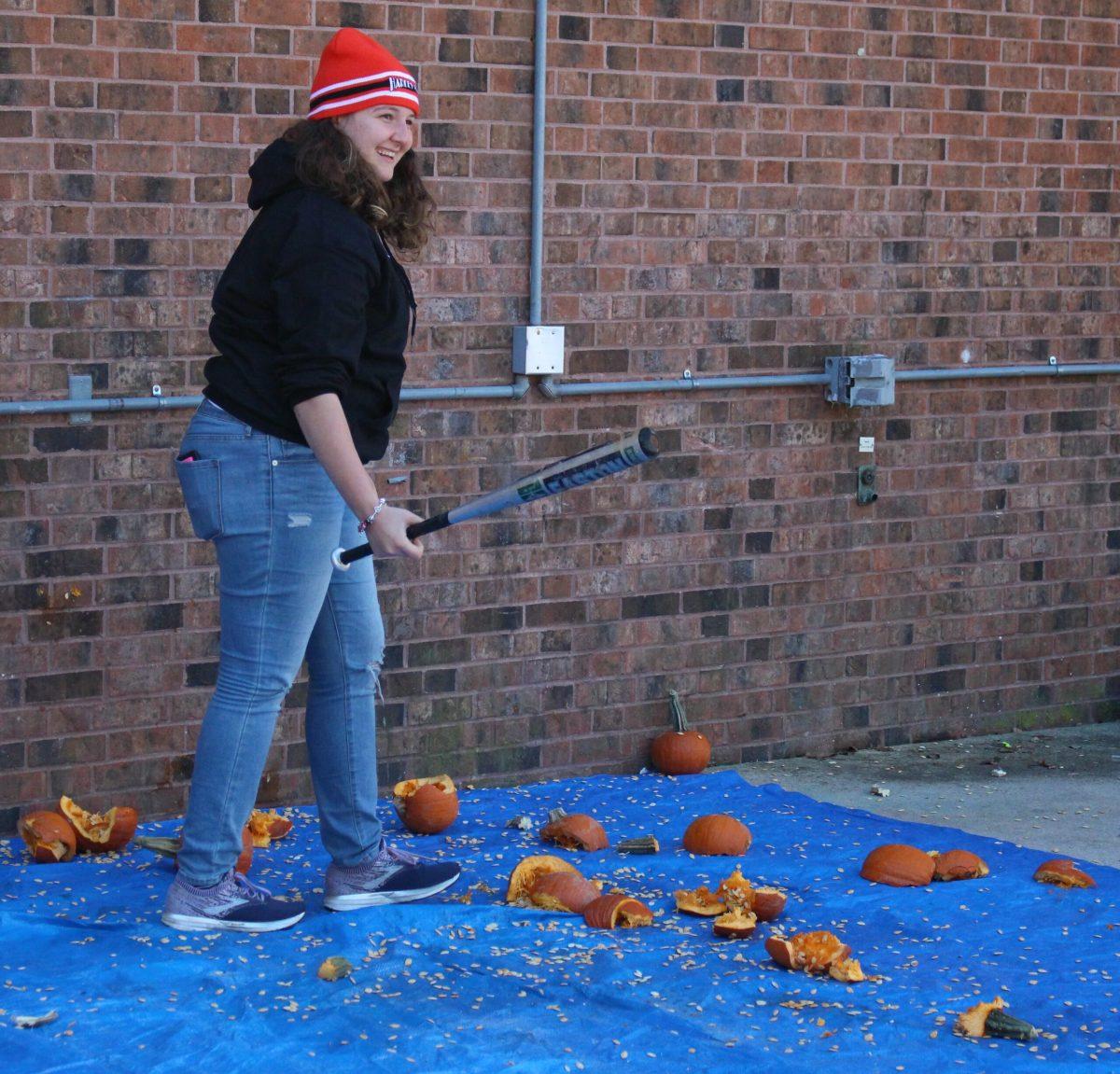In a recent meeting held in the Student Center Ballroom, Rowan University spokesman Joe Cardona updated students on Rowan’s plans to address the quality of water in several residential halls during spring break.
According to an email sent prior to the meeting by President Ali Houshmand, water samples taken between November and January from 43 buildings on campus revealed nine that tested positive for lead above the EPA’s recommended amount of 15 parts per billion.
The email went on to mention that every residence hall, with the exception of the Holly Pointe Commons, Whitney Center and Rowan Boulevard Apartments, will have faucet-mounted filters installed over the course of next week. Additionally, 31 more filtered water bottle filling stations will be installed across campus and bottled water will continue to be distributed to residential students.
Water testing is ongoing, and the university is considering long-term solutions to the problem.
According to Cardona, the filters installed over spring break will remove 99 percent of lead.
“There’s these filters called ‘Pur filters,’ and we’re going to stick those in all the residence halls so that every students has water in their immediate living area,” Cardona said.
In common areas where multiple rooms share one bathroom, housekeeping staff will be responsible for replacing filters. However, for those living in an apartment, different replacement protocols will be followed. The filters in Townhouse Apartments will contain a light, which will turn red when it is time for the filter to be replaced, then residents will need to obtain a new one from their Resident Assistant.
Per suggestion of Rowan’s Board of Trustees, the university is using its reserve budget to finance costs involving removal of the lead. There is $2 million in the reserve, and the university has spent $250,000 of that so far. Cardona assured tuition will not be raised because of the lead.
According to EPA guidelines, it is best to run cold water for 30 seconds or longer before use. This can help wash out lead which has been absorbed in water while the faucet was idle.
“We would encourage you to feel free to drink any of the filtered water that there is on campus,” Cardona said, but he suggested to let the water run for the recommended 30 seconds.
The university hopes to continue to educate students on the importance of running water before drinking it.
“Part of it is educating right now, with the email today and meetings now and after spring break,” Cardona added. “It’s going to be happening in the residence halls when students get back. There will be a piece of paper showing students how to change filters. There will be a regular educational process of trying to get people used to creating a new culture.”
For comments/questions about this story, email [email protected] or tweet @TheWhitOnline.

























































































































































!["Working with [Dr. Lynch] is always a learning experience for me. She is a treasure,” said Thomas. - Staff Writer / Kacie Scibilia](https://thewhitonline.com/wp-content/uploads/2025/04/choir-1-1200x694.jpg)














































